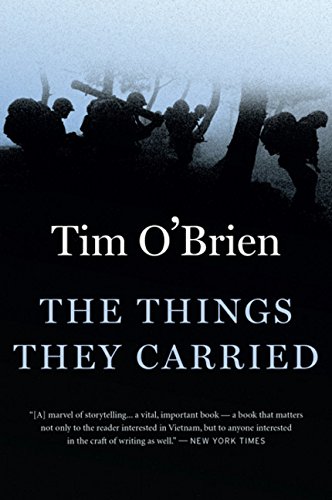Name: Vanessa Moore
Age: 24
College & Majors/Minors: I attend California State university Long Beach. I received my B.A. in English literature and Rhetoric and Composition from here and I am currently in the M.A. program.
Current Location: Long Beach
Current Form of Employment: Marketing Manager and Technical Writer
Where do you work and what is your current position?
Well, right now I work at a small law firm. We are comprised of three construction business attorneys. I handle the marketing at the firm and I am also a technical writer. It is quite exciting actually because I am doing something that I never saw myself doing. I forget sometimes how plentiful the options are in careers for English majors and graduates. I have learned so much from this position and I have discovered another writing voice. You can never have too many writing voices.
Tell us about how you found your first job, and how you found your current job (if different).
I found my first job through Snagajob. I worked at Macy’s throughout most of my academic career and left the summer after I graduated from CSULB.
I found my current job, Marketing Manager, through my school’s online career board. I also happen to know someone that works at the firm who told me about the position, but I applied initially through my school. This job has pushed me to develop stronger and versatile writing skills.
What was another writing-related job that was important in your career?
My experience as a volunteer contributor of the Union Weekly at CSULB was extremely important because I also had to develop a different writing voice. I wrote little pieces about local events; I even did a couple of advice pieces, which was a lot of fun.
What did you do in college to prepare for your post-grad life?
I constantly challenged myself. I double majored in my undergraduate career because I thought it would best prepare me for when I become a college professor and that was a wonderful challenge. Every time I saw an advisor I always asked what classes he or she recommends I take in order to be best prepared for my future endeavors. It is in my hands to make sure I am as prepared as I can be. I grasped my education back then with both hands as I do now in the M.A. program.
What is your advice for students and graduates with an English degree?
My advice for students and graduates is do not let yourself get comfortable. Keep learning, keep writing, and keep searching for writing voices because the work put in to obtain the degree should not stop after receiving it.
Also, it’s okay if you are not perfect at everything. We think that is always expected of us, but it is not true.












































































